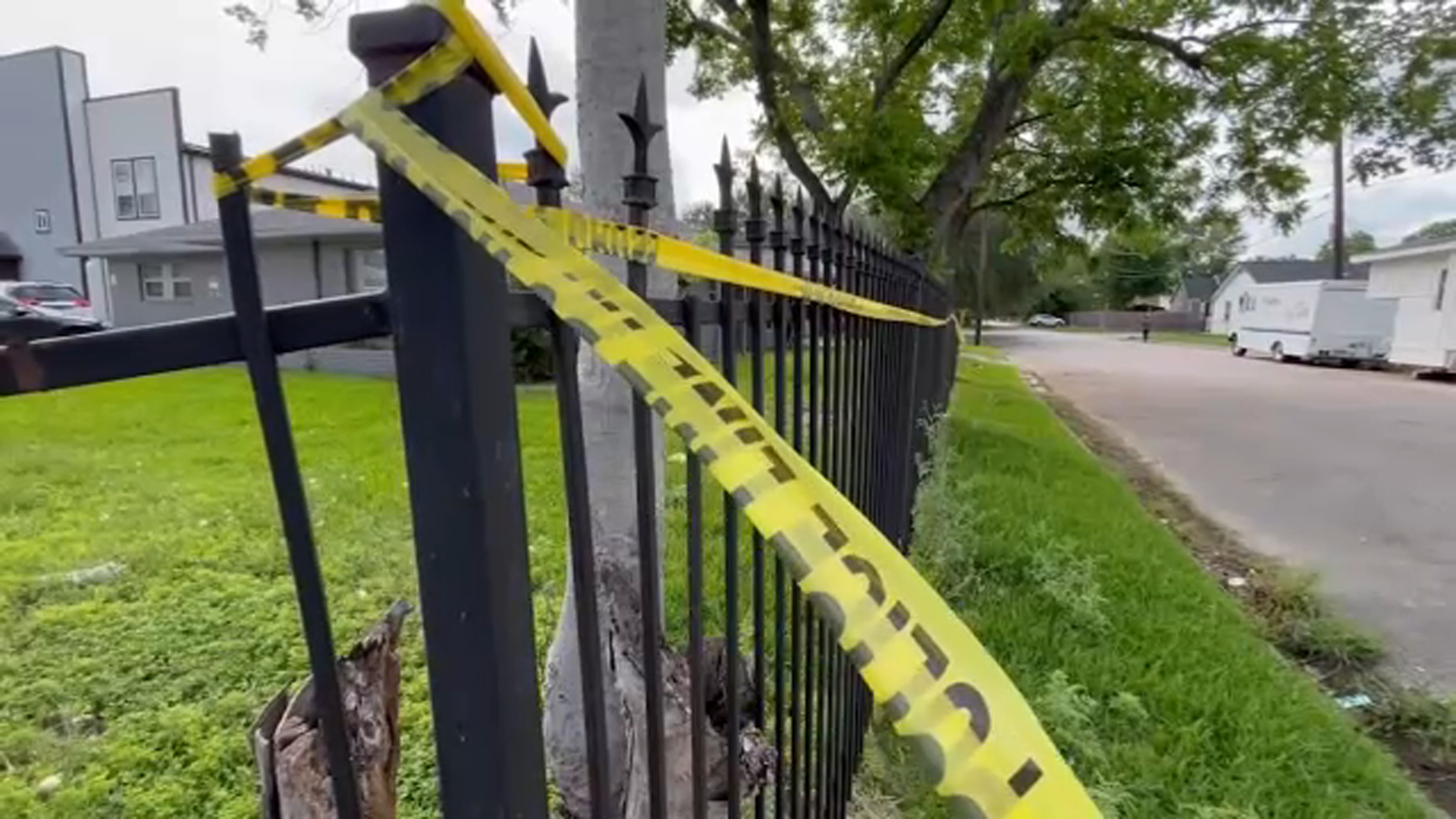Texas Parks and Wildlife Department opts for eminent domain to save Fairfield Lake State Park
FREESTONE COUNTY, Texas -- The Texas Parks and Wildlife Department voted unanimously to use eminent domain to seize a 5,000-acre property south of Dallas that included Fairfield Lake State Park on Saturday, citing the need to preserve a state park enjoyed by thousands of Texans.
The video above is ABC13's 24/7 livestream.
After months of stalled legislative efforts and failed negotiations to secure the park, the state opted to seize the land from Todd Interests, a Dallas-based developer, who purchased the property in February for $110.5 million. Commissioners were not eager to use the power of eminent domain to condemn the property, but the agency ultimately decided this instance was an exceptional case of public interest.
ORIGINAL REPORT: Texas park on leased land near Dallas must close after state's landlord sold property to developer
"I think we have a clear duty to act for the greater good of all Texans. While we have the power of eminent domain, that power should be used sparingly and reluctantly. In fact, it's been nearly four decades since we've last used it," Jeffery Hildebrand, a Texas Parks and Wildlife commissioner, said just before the commission voted to condemn the property.
Because the property serves a public purpose as a park, eminent domain experts say Texas can seize the private land, even if the developer doesn't want to sell.
Next, the state will notify Todd of the condemnation decision and make an offer for the property. The state and the developer will negotiate over how much Texas will pay for the almost 5,000 acres. If they do not reach an agreement, the issue can end up in court.
During Saturday's public meeting, residents of Freestone County, environmental advocates, and lawmakers testified in favor of condemnation to save a critical public asset for future Texans. Texas State Parks Division Director Rodney Franklin noted that 80% of the public comments the agency received ahead of the decision were in support of using eminent domain to save the park.
The state had leased the park at no charge from Vistra Corp. since the 1970s. When the energy company closed a coal power plant on the property, they looked to sell the land. The state hoped just to buy the 1,820 acres of Fairfield Lake State Park, but Vistra didn't want to sell piecemeal. According to the energy company, the state did not offer to buy the entire property.
Real estate developer Shawn Todd and his family firm, Todd Interests, purchased all 5,000 acres with the intention of turning the property into an exclusive gated community, which would include multimillion-dollar homes and a private golf course.
RELATED: Texas parks officials want to buy Fairfield Lake State Park land after losing lease
The park shuttered in February when the sale was announced, and the agency scrambled to try to keep the space open to the public. Several efforts failed.
A bill that would have allowed the agency to use eminent domain to seize the park's land died this legislative session. The bill's failure to pass doesn't preclude the agency from using eminent domain. Lawmakers did create a conservation fund that, with voter approval, will provide an additional $1 billion to buy more land for the state parks system.
Negotiations between the developer and the state have not been successful. Todd Interests declined the agency's $25 million offer to give up the company's contract so the state could then purchase the property from Vistra. This prompted the TPWD to pursue the eminent domain and condemnation option as a last-ditch effort to keep the property in the public's hands.
Last month TPWD commissioners gave the agency's executive director the freedom to take "all necessary steps" to acquire the park. While all of those who spoke on Saturday were in favor of saving the park, many lamented that eminent domain was the vehicle to achieve that end goal.
The Texas Tribune is a nonprofit, nonpartisan media organization that informs Texans - and engages with them - about public policy, politics, government and statewide issues.










